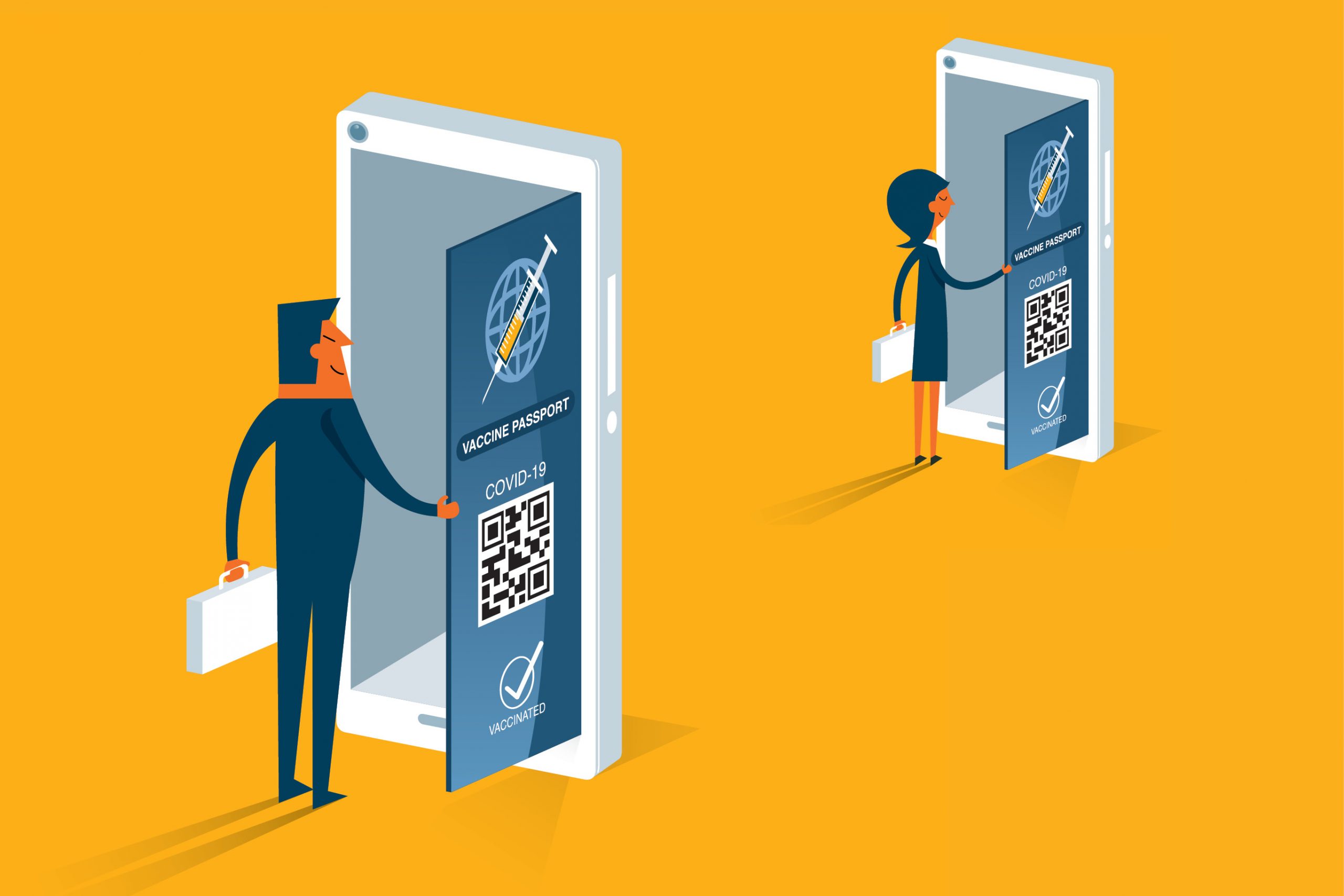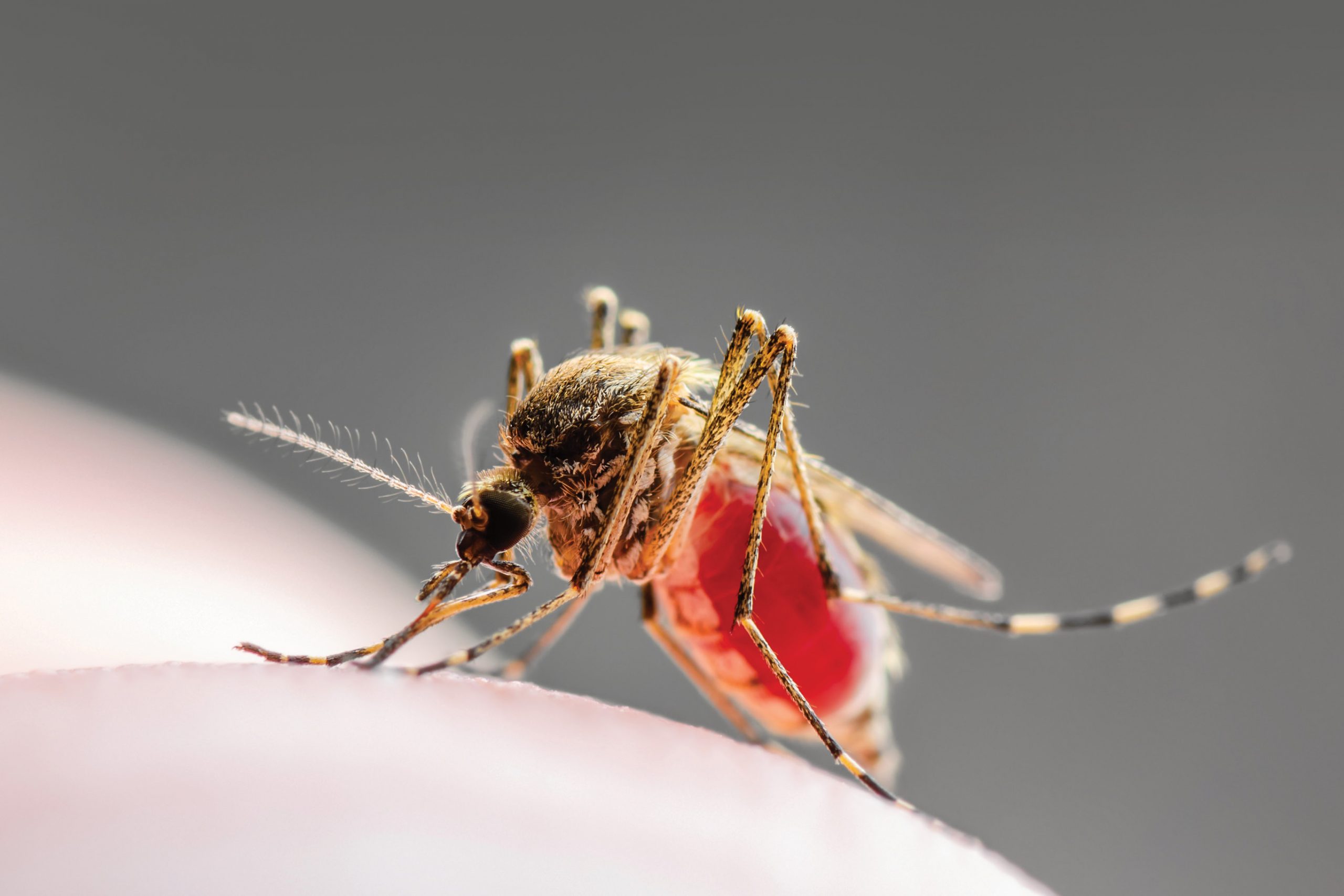
Issue 39 / August 2021
COVID-19 Special
COVID-19 Vaccination Passes or Passports: Special Rules in Special Times?

Problematic ‘privileges’
As countries roll out their COVID-19 vaccination programmes, a pertinent question is whether it would be ethically acceptable to have “special rules” for vaccinated individuals. What this means is that vaccinated individuals would be granted certain “privileges” that unvaccinated individuals would not have in the context of the pandemic.
Such privileges may include exemptions from public health measures, such as wearing a mask in public; being allowed to participate in social or mass gathering events like spectator sports; or, travel internationally without the need to produce a negative COVID-19 viral test and/or undergo quarantine.
A policy of differentiated public health measures for vaccinated individuals is socially and ethically contentious. Even the term “privileges” may be regarded as problematic. It may imply that non-vaccinated individuals are an “underprivileged” class, and that something extraordinary is being granted, whereas the policy under consideration aims to lift or relax restrictions of fundamental freedoms or liberties.
How might such a policy be practiced? One way is to issue a vaccination record to the vaccinated individual which serves as proof of vaccination, and this is then used as a “pass” or “passport” for access to some activities. Proof of vaccination becomes a condition or requirement for exclusive entry into a place or the provision of service.
Differentiated public health measures: Yea or nay?
What might ethically support a policy of differentiated public health measures? Reasons include reducing burdens on individuals and restoring social and economic activities to benefit communities and businesses.
In a context of broad use of public health measures, vaccination certificates may represent a less restrictive policy option if it does not jeopardise public health goals. A necessary condition therefore is that there should be sufficient evidence that vaccination significantly reduces the risk of infection and transmission.
What might ethically support a policy of differentiated public health measures? Reasons include reducing burdens on individuals and restoring social and economic activities to benefit communities and businesses.
There is emerging evidence that some current authorised COVID-19 vaccines have this effect but scientific assessment is ongoing. Hence, where a substantial portion of a society is not vaccinated, public health authorities should exercise caution in removing measures even for vaccinated individuals, as this may contribute to the spread of SARS-CoV-2 and potentially severe cases and deaths.
Another reason for introducing differentiated measures for vaccinated individuals is to incentivise vaccine uptake. This may backfire. While the introduction of a vaccination pass may incentivise more people to receive a vaccine, it may also be regarded as coercive and may increase vaccine hesitancy. Vaccine hesitancy, defined here as a delay in acceptance or refusal of a vaccine despite its availability, is a complex issue. Factors vary for different societies and populations. It may persist because of concerns about the vaccine offered (which may be due to misinformation) or lack of trust in public health or governmental authorities because of current or historical injustices perpetuated by these authorities. Using the benefits of a vaccination pass to compel vaccination may increase refusal of vaccination because of concerns over privacy issues. Where vaccination passes are used, measures should be implemented to protect data security and privacy, in addition to ensuring the validity and authenticity of individual vaccination status. Still, vaccination passes might increase vaccine hesitancy because of concerns over function creep (e.g., surveillance of individual health status, commercial use).
What ethical reasons might oppose differentiated measures? In a context of limited supply, public health authorities need to set priority groups for vaccination—those that are at high risk of severe outcomes if infected, or at high risk of infection and transmission—so as to achieve population level outcomes such as preventing death and an overwhelmed health system. Accepting that some groups should be prioritised depends on solidarity, whereby individuals who are not prioritised wait for the opportunity to be vaccinated for the good of all. It would be unfair and socially divisive if individuals in non-priority groups not only do not equally benefit from the protection of vaccination, but they are also denied the privileges of a vaccination pass. It may be argued therefore that vaccination passes should be applied only in a context where there is equal access to vaccines and the opportunity of obtaining a vaccination pass.
Vaccines and travel
Distribution of COVID-19 vaccines globally is currently highly inequitable. One reason that the World Health Organization (WHO) does not support proof of vaccination for international travel as a requirement for entry into or departure from a country is that it might result in the diversion of vaccine supplies from priority groups to the preferential vaccination of travellers.
Plausibly, vaccination passes may be ethically deployed for domestic purposes in countries that could provide vaccines for most if not all of their residents who want to and could be vaccinated. Israel is one such country. Vaccinated individuals were issued “green passes” which they could use to access places such as restaurants or gyms. Israel has since cancelled such a programme and would lift almost all COVID-19 public health measures in the country because it has achieved a high population-wide vaccination coverage. This is a matter of risk tolerance on the part of policymakers—that is, their acceptance that the benefits of reopening society outweigh the residual risk of community transmission.
Governments should commit to the lifting of restrictive and burdensome COVID-19 measures for all in their society so as to protect freedom of movement and other fundamental liberties, and promote equal opportunity to participate in and benefit from civil, social and economic life. Special rules for vaccinated individuals, if used, should therefore be like special discounts: temporary and limited in their application.
About the Author:
Dr Voo Teck Chuan is a member of the WHO Ethics and COVID-19 International Working Group. Portions of this article are adapted from earlier drafts of the forthcoming WHO policy brief on “COVID-19 vaccination certificates or passports and lifting public health and social measures: Ethical considerations” for which the author is lead drafter.




